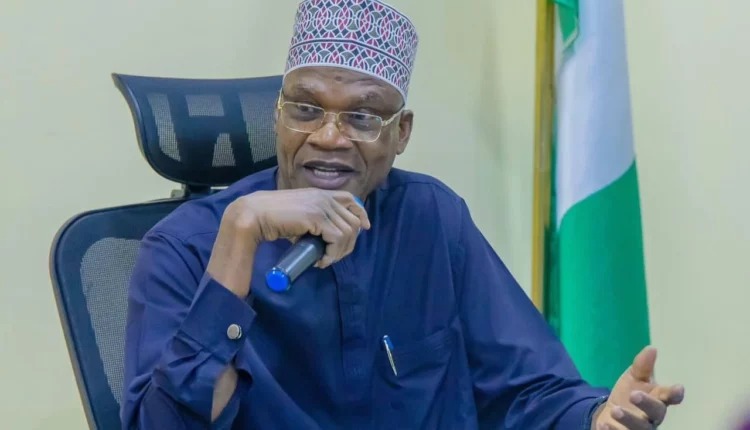The Federal Ministry of Education has said the new curriculum for basic education will commence across schools in Jan. 2025.
The Minister of Education, Prof. Tahir Mamman disclosed this on Monday in Abuja, at a stakeholders meeting on the implementation of the new curriculum, saying it would by Sept. 2025.
He said the new curriculum would address problems of learning crises and employability, and that the new skills acquisition to be introduced would have a multiplier effect by equipping students with 21st century skills.
“In the last one year, we have worked with stakeholders to develop a skills framework that will inject skills right from the latter part of basic education to secondary education.
“The whole idea is that, by the time children finished, they should have a minimum of two skills so that they can have a productive life,’’ he said.
The Minister said the meeting was conveyed to discuss the modality and as well tidy some aspects of the curriculum, while also giving a timeline for implementation, support, monitoring and evaluation.
He said the next three months would be used for the preparatory stage. including preparing teachers guide in using the curriculum.
When asked about the difference between the new scheme and the 6:3:3:4 system of education that also infused skills, he said the problem was the inability to implement the policy.
“The major justification for what we have done has been the inability to implement the 6:3:3:4 system from inception
“The minimum academic standard of 1993 shows a reason for 6:3:3:4 and the Act outlined clearly the learning trajectory of schools in Nigeria.
“It was envisaged that by the time learners finished basic education, they would have acquired skills. Unfortunately, we departed from it,’’ he said.
The Director of Curriculum, Nigerian Educational Research and Development Council (NERDC), Dr Garba Gandu, said the new curriculum would provide prerequisite skills and training for global competitiveness.
Gandu said the curriculum is competency and digital based, as it also aligned with Science, Technology, Engineering, Arts and (STEAM) methods.
The new curriculum includes 15 newly introduced trade subjects for basic education which include information technology, vocational entrepreneurship skills such as building and construction, plumbing and tiling.
Others are hospitality such as hair styling, make-up and services such as construction, GSM repairs, satellite and CCTV installation and maintenance and garment making, among others.









